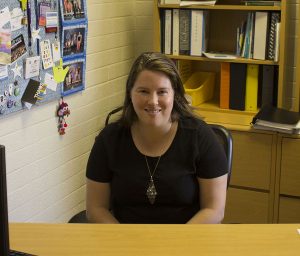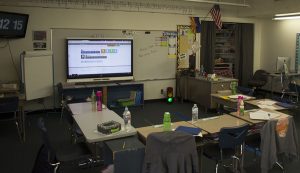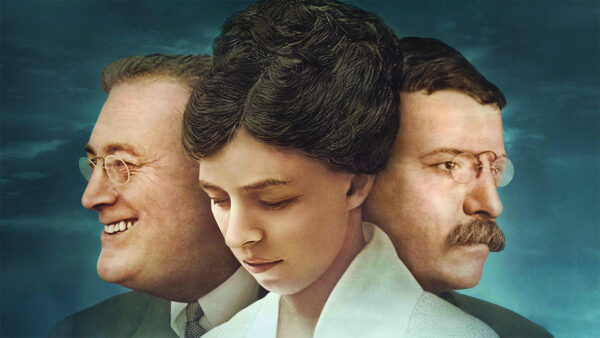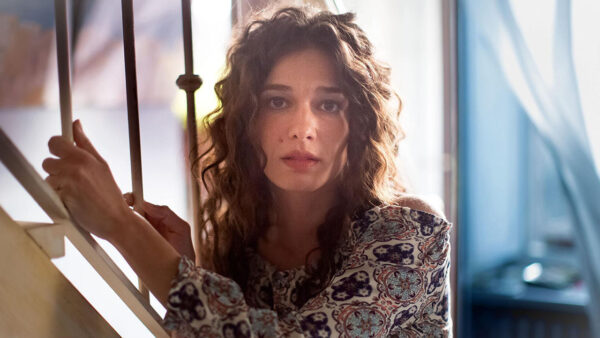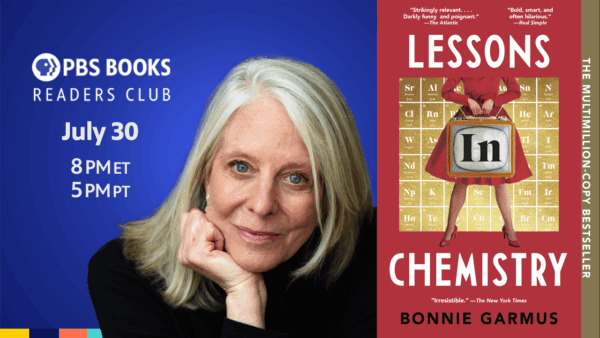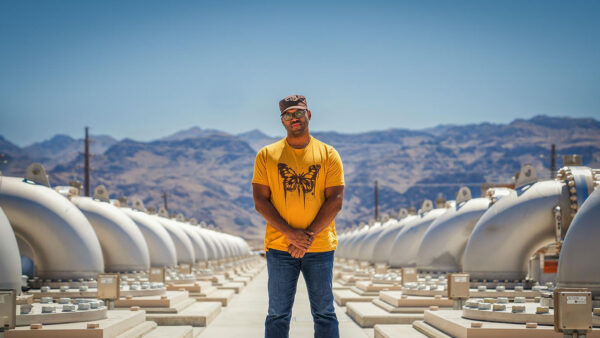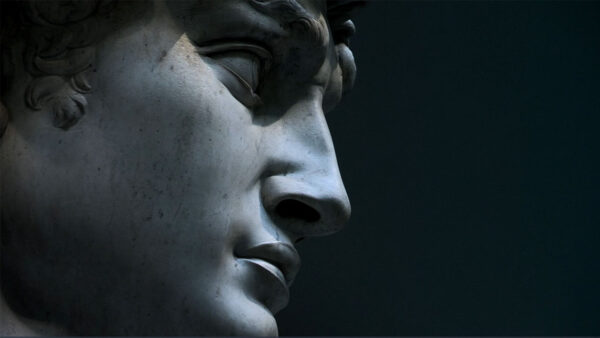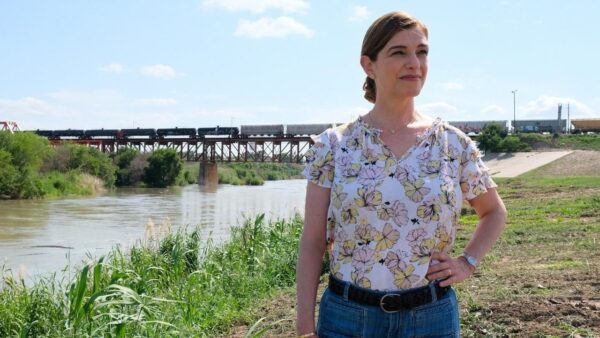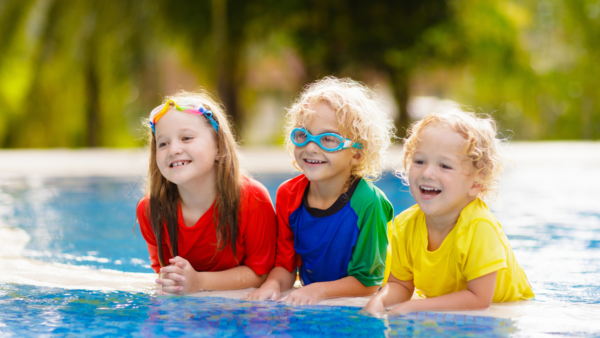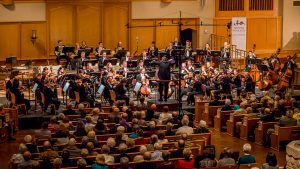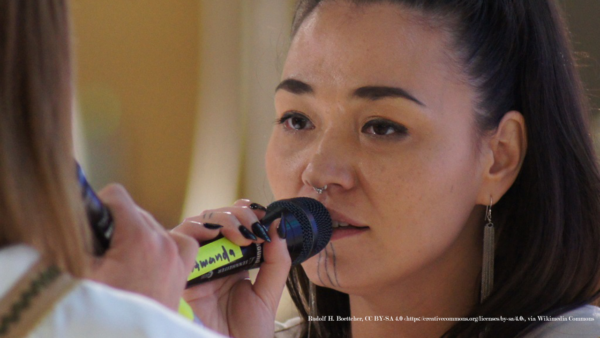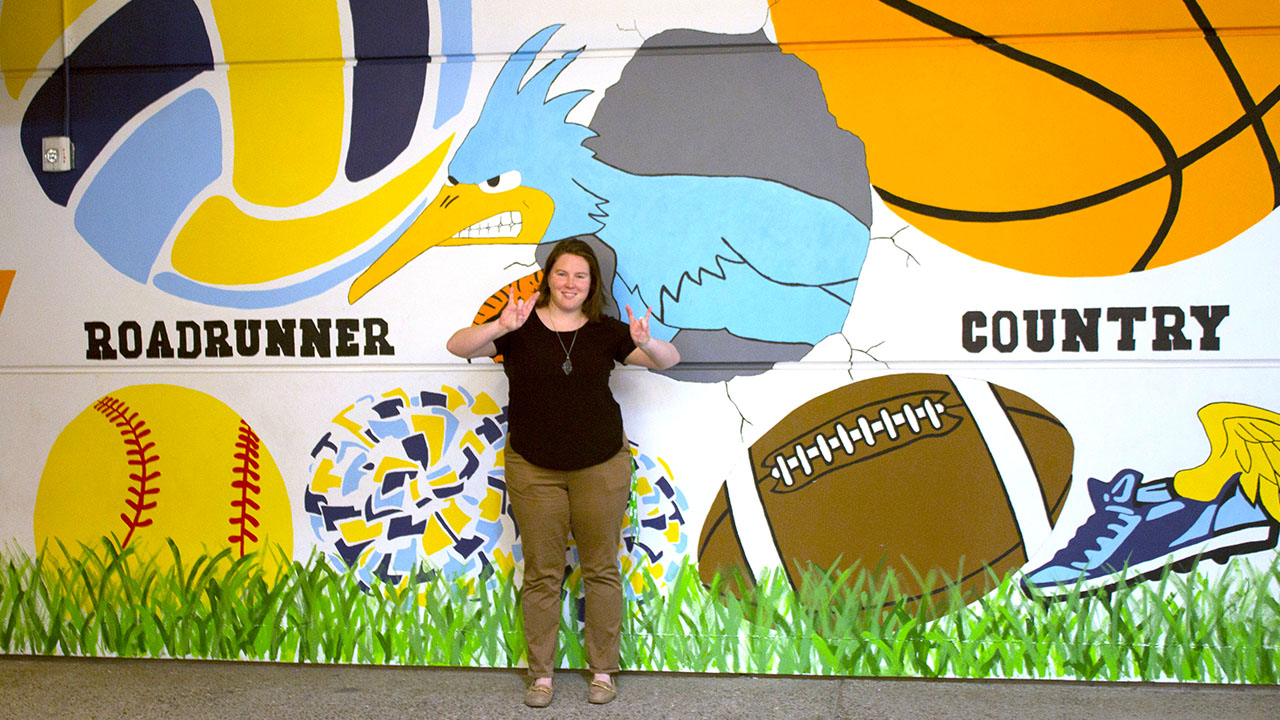
Meet Arizona’s PBS Digital Innovator: Amber Akapnitis
March 30, 2018
Each year, one educator in every state — someone who finds thoughtful ways to use technology to enhance their students’ learning experience — is named a PBS Digital Innovator. It’s an opportunity for professional development and sharing ideas with fellow educators from around the country.
Arizona’s PBS Digital Innovator, Amber Akapnitis, is unique among the current cohort of Digital Innovators: all of her students are deaf.
Akapnitis began teaching at Phoenix Day School for the Deaf (PDSD) in 2013. When she was named as a PBS Digital Innovator in summer 2017, she transitioned from the classroom to an administrative role as the Academic Services Supervising Teacher. She said it’s quite a bit different than teaching, but it’s a position she is excited to have.
Akapnitis’ story begins in St. Augustine, Florida, where her interest in teaching deaf students started in high school.
“I went to high school with a few deaf students, and they taught me little, tiny signs for things like “shrimp” — that was the first sign I learned,” Akapnitis said. “And then I started picking up more and more signs, so I started taking ASL (American Sign Language) as a foreign language in high school and got interested in the language.”
In college, she initially wanted to be a middle school math teacher, but when she started taking more ASL classes, she realized that teaching deaf students was what she wanted to do. She obtained her master’s in 2010 and started her first teaching job in Waco, Texas. While in Waco though, Akapnitis found herself at a crossroads due to a lack of support for her work.
“(The school in Waco) was very isolating, and not a lot of people knew what I did, or what deaf meant, or what my students needed, and so it was very hard to find support other than the (teachers) within the department, and I was very frustrated and ready to quit teaching all together,” she said. “Some very good advice from a supervisor of mine was, don’t quit teaching, quit here, find somewhere where you fit in and know what you need and want.”
Those words of wisdom led her to Phoenix, as she found a school and a community that understood her needs and desires as a teacher. PDSD hired her as an elementary teacher, and the fit seems to be perfect.
Since she’s been at PDSD, she has been utilizing unique and innovative ways to teach her student via new digital tools, such as Nearpod, Quiver, Kahoot, EPIC! and numerous other innovative types of software and technology.
“I try to use a lot of visuals, a lot of video, a lot of hands-on manipulatives, those sorts of things, so the students can interact with it, which is why technology is so amazing for deaf kids, because they can interact with it that way,” Akapnitis said.
“I used the SMART Board a lot. I think it’s really important to have everything visually accessible for deaf students,” she added. Akapnitis explained that being able to put information up on the board and interact with it is also a time saver, because students don’t have to try to follow both her signing and a book or worksheet on the desk.
Despite her use of various outside-the-box teaching methods for deaf students, getting the nod as Arizona’s PBS Digital Innovator took her by surprise.
“I was in utter shock,” she said. “I felt very honored, I was very surprised. I knew it was probably a hard competition. There are so many teachers in Arizona and I felt so very fortunate. Especially for being such a unique teacher: There aren’t many of us that are deaf educators.”
Akapnitis is a tech wiz, so it could be tricky to find another educator who uses as much technology in the classroom as she does. Her message for those who want to try and be more innovative in the classroom is to peel back the hesitancy and the tendency to play down the things teachers normally do.
“I haven’t found a whole lot of deaf-ed teachers who are into technology as I am, which is kind of funny because I think it’s almost more important for deaf students,” Akapnitis said. “They miss a lot of incidental things. Incidental learning happens at home and at school where their peer says something and they hear it, or they’re working on something looking down and they hear someone use a word. It sort of sticks in their brain, and our kids don’t really have that opportunity.”
She was also able to meet the other 2017-18 Digital Innovators at a conference this past summer. She described it as an amazing experience, as she was able to discuss new ideas and innovative strategies with other educators.
“The summit made my brain explode a little bit because everyone had so much to offer and share, and everyone was so open. We now have a Facebook group where we leave comments and questions and things all the time,” Akapnitis said.
Since her recent achievement, Akapnitis has presented her innovative techniques at conferences, reviewed an educational technology textbook that will be published, and has been lauded by her peers. She has also helped PDSD win numerous grants, and even got the school a 3-D printer as part of the PBS Digital Innovator program. With it, Akapnitis and her colleagues are able to create custom-made classroom materials to help their students.
“Someone mentioned it is pretty hard to be an innovator,” Akapnitis said. “It can be pretty isolating, because you’re often the only one at your school or in your district and it was nice to be with like animals again, where we’re passionate, we’re excited about technology. We’re not afraid to explore and try new things in technology or otherwise.”
Story and photos by Ben Flores. This story was originally published in the Spring 2018 issue of Arizona PBS magazine.
LEARN MORE: Arizona PBS Education Outreach
